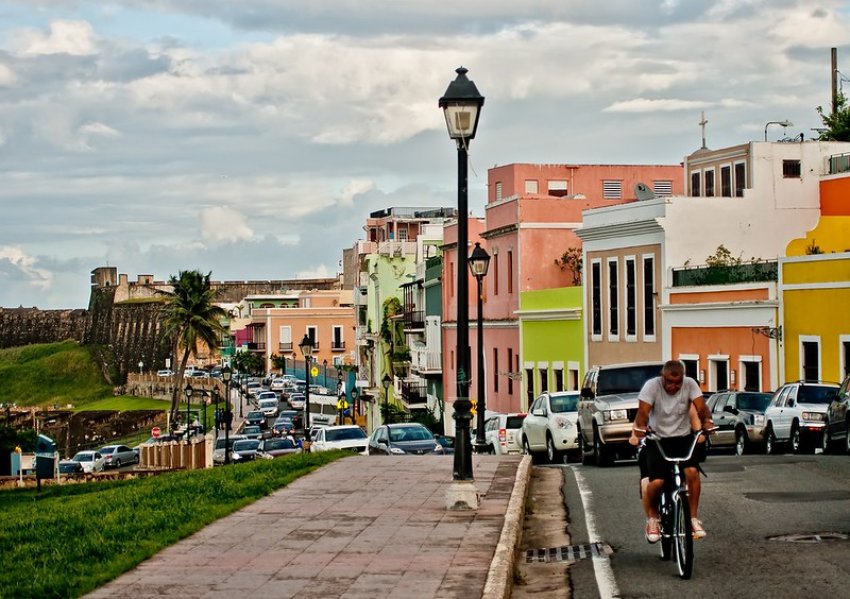
Gubernatorial elections were held on November 5 in the United States colony of Puerto Rico. The US has occupied the archipelago for 125 years.
Juan Dalmau, an upstart new candidate from the small Puerto Rican Independence Party, challenged the two parties that have dominated the colony for 70 years.
Dalmau, in alliance with the progressive Citizen Victory Movement, made a surprisingly strong showing and narrowly lost to Donald Trump supporter Jenniffer González-Colón.
During the US Cold War with the former Soviet Union, when the Cuban Revolution broke from imperialist domination, Washington sought to make Puerto Rico a showcase. This included providing incentives such as tax breaks to US corporations to move to the island, to encourage economic development.
For a time, life improved. But since the 1990s, when the tax breaks were rolled back, factories have closed down, jobs have disappeared and Puerto Rico has been forced to rely on loans to cover budget shortfalls.
Facing collapse in 2016, Puerto Rico even tried to declare bankruptcy, but the US Supreme Court denied it the right to do so.
According to New York Times columnist Yarimar Bonilla, “Since then, a federally appointed Financial Oversight and Management Board has sent the island deeper into austerity, effectively leaving it in ruins. Shuttered schools, crumbling roads, a university gutted by budget cuts, a collapsing health care system and relentless blackouts have become a part of daily life.”
Compounding the archipelago’s economic crisis, Hurricanes Irma and María wreaked havoc in September 2017, displacing tens of thousands of people and destroying homes and infrastructure. Following the hurricanes, real estate developers and US investors have profited from the climate disasters.
Bonilla said Dalmau campaigned against Washington’s policies and found popular support among “[a] new generation, shaped by disaster and debt, [which] is determined to reclaim the island’s future”.